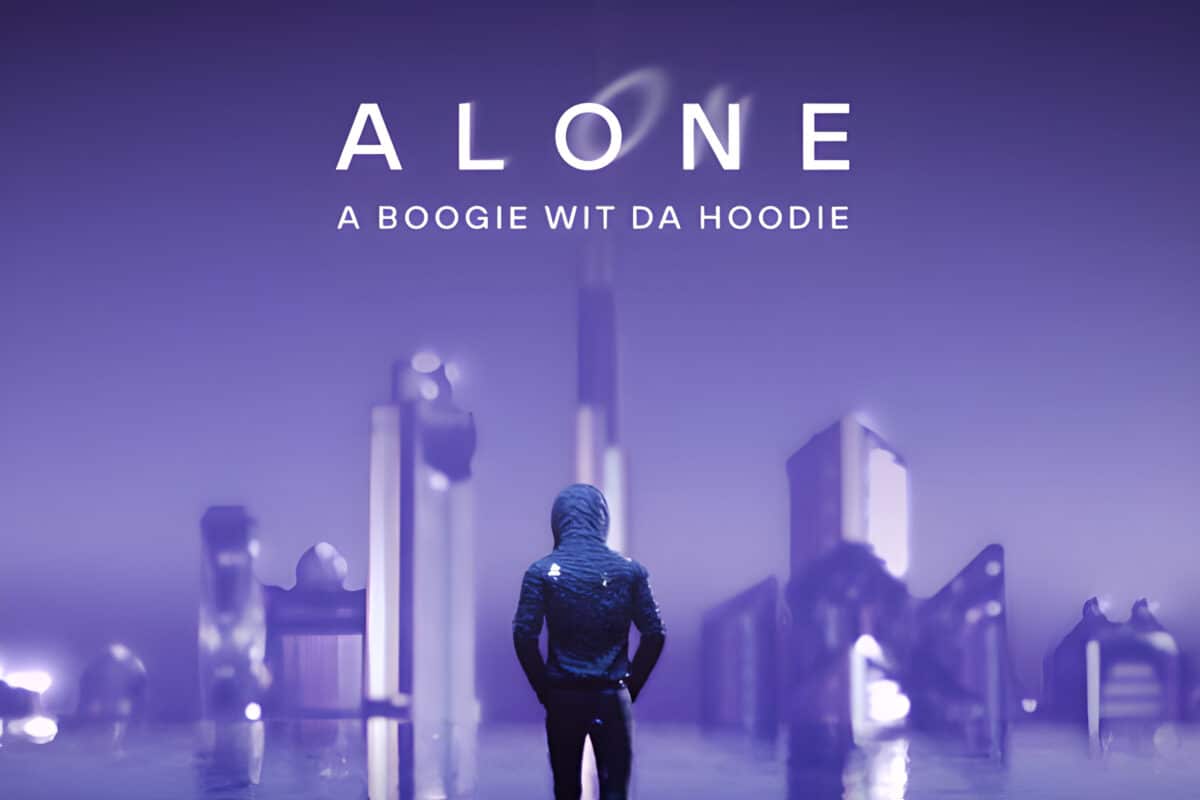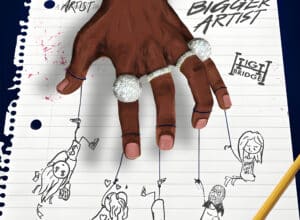Released: 2024
On “Tiffanys” by A Boogie Wit da Hoodie, we delve into a deep, narrative-driven portrait of love and street life, intricately woven with elements of materialism, loyalty, and vivid expressions of heartache. In essence, A Boogie provides a melancholic reflection of the highs and lows of his relationship, correlating it with his street life past within the hustle of the Bronx.
The opening verse, “I told you that it’s okay you could make a mess…,” sets the tone, highlighting Boogie’s willingness to deal with the emotional chaos that comes with a relationship. The line “I wanna taste your pussy I wanna test your flesh” brings a raw, unfiltered angle to the relationship, showing his sexual desires towards his love interest.
As the song progresses, he talks about his humble beginnings and his rise from the streets “Before these songs I use to profit 120 a onion“. The term ‘onion’ is slang for an ounce of drugs, making a link to his past life before fame. The struggle continues as he expresses feeling alone even in the company of his crew, reflecting the lonely reality of fame in lines like “Crazy how I still feel alone outside 20 deep with my brothers“.
Navigating towards the end of the verse, “And Werd to Cynthia I be wishing it was me instead of Butta“, he alludes to the sadness and regret over the death of his friend Butta, wishing he had been the one to lose his life instead.
As we hit the chorus and second verse, his pain over the relationship’s end is palpable. “If loving you is killing me then baby why stay together…“. He touches on the materialism of their relationship but questions its worth, citing designer brands like Birkins and Tiffany, expressing regret over the failed relationship despite his materialistic attempts to sustain it.
In the closing verses, we see Boogie in a defensive posture against his enemies, both from his past life on the streets and his present state of fame, with lines like “Niggas want me dead and police tryna indict me“. The “put a nigga on a white tee” line is a chilling hint at his readiness to eliminate threats, a reference to the common practice of printing the images of the deceased on white t-shirts during street memorials.
In conclusion, “Tiffanys” offers us an introspective A Boogie grappling with love, fame, survival, and its subsequent emotional tumults. His craft goes beyond mere surface-level hip-hop, painting an intricate lyrical picture that is both poignant and raw in its honesty.








